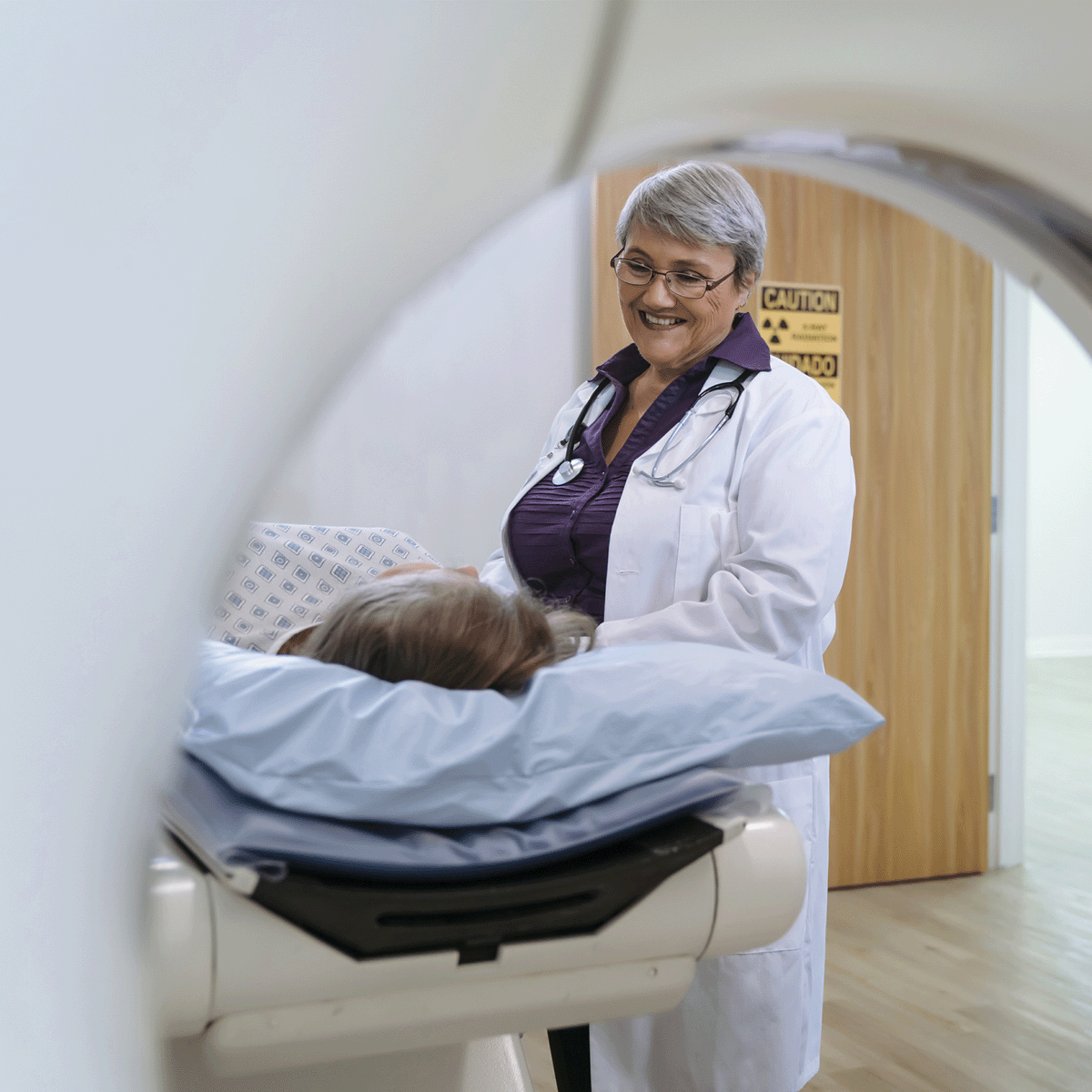Cancer Council commends the announcement of the introduction of a targeted national lung cancer screening program, a landmark initiative to reduce the impact of the leading cause of cancer death in Australia.
Today, the Federal Minister for Health and Aged Care, the Honourable Mark Butler MP, announced $263 million to fund the implementation of a targeted national lung cancer screening program that will use low dose computed tomography (LCDT) to detect lung cancer earlier in individuals who do not have symptoms and are at higher risk of the disease.
CEO of Cancer Council Australia, Professor Tanya Buchanan, says this program is a timely addition to Australia’s successful national screening programs, with the potential to save 12,000 lives in the first 10 years of the program.
“We know the earlier cancers are detected, the better the treatment options and ultimately, the more lives saved. We’ve seen how screening and early detection can change the trajectory of an individual’s cancer experience and our overall survival rates, with the success of our national breast, bowel and cervical screening programs,” Professor Buchanan said.
“There are few types of cancer where we have an available test or diagnostic procedure that can detect cancer before someone notices symptoms develop. We’re delighted to see the Federal Government act on the available evidence presented by Cancer Australia and to the Medical Services Advisory Committee, to make lung cancer screening available across Australia”.
More than 8,000 Australians died from lung cancer, and 14,500 Australians were told they had lung cancer, in the last year alone. Sadly, the total number of lung cancer diagnoses are increasing year on year, and most of these are diagnosed at an advanced stage when treatment options are limited.
Lung cancer is also a disease of inequity. Aboriginal and Torres Strait Islander people, Australians living in remote and very remote areas, and people living in communities with socioeconomic disadvantage experience some of the worst cancer outcomes, particularly in relation to lung cancer.
“One of the most significant elements of this program is that it will focus on Australians who are most at risk of lung cancer – those aged 50 to 74 with a smoking history, and Aboriginal and Torres Strait Islander people aged 50 to 74,” said Professor Buchanan.
“We’ve seen trials overseas result in world-leading and cost-effective lung screening programs. Today we’re celebrating the Federal government’s announcement to deliver cancer outcomes for families affected by lung cancer, sooner,” Professor Buchanan concluded.
